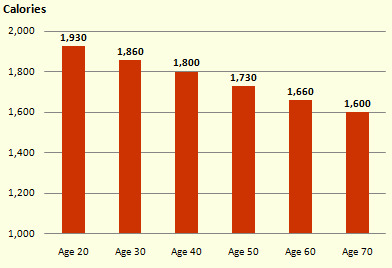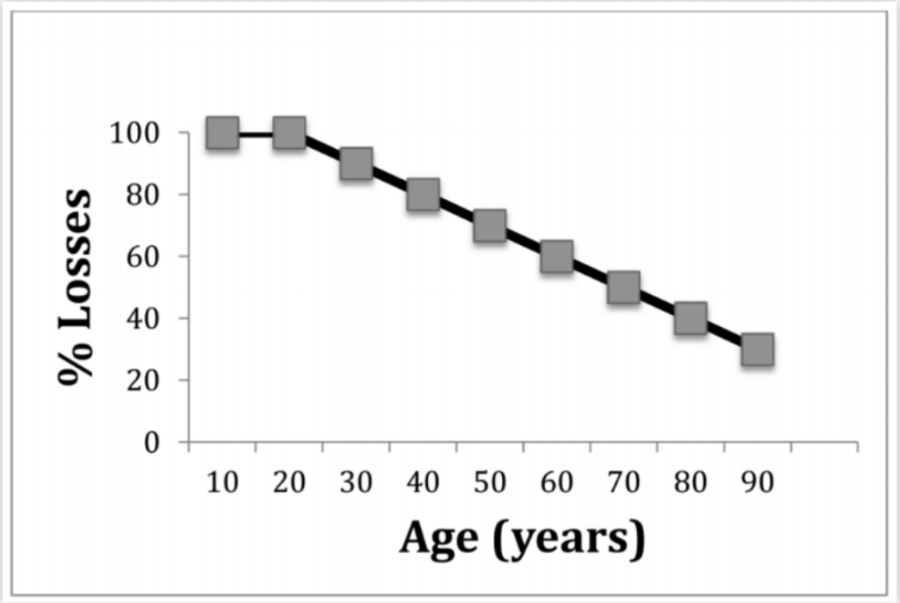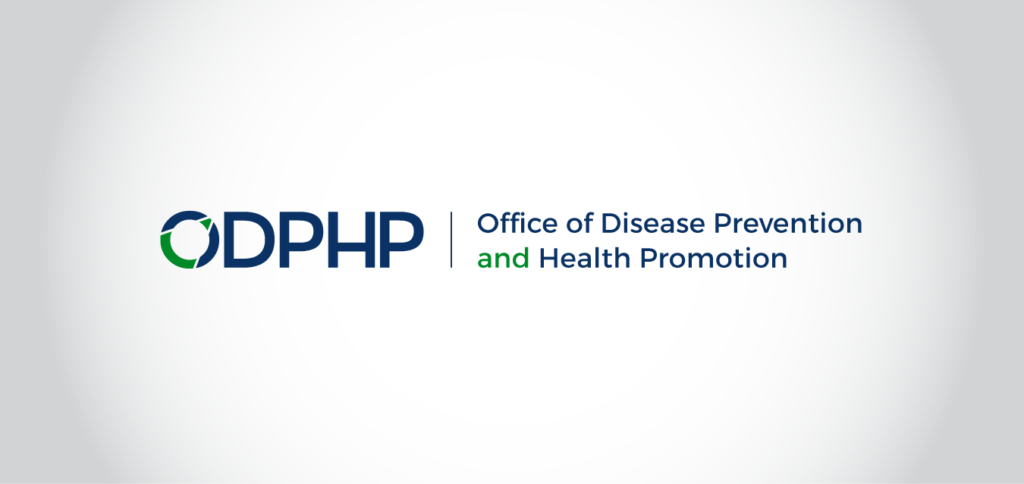Weight loss medications have been clinically tested to reduce weight. In fact, drug trials show participants can lose up to 5 – 15% of their body weight.
However, these aren’t for just anyone to take. Most physicians only prescribe them when someone has a body mass index (BMI) of 30 and greater, or a BMI of 25 – 30 with a weight-related illness like type 2 diabetes, high cholesterol or high blood pressure.
A big drawback of pharmaceutical fat blockers and appetite suppressants is they don’t resolve the root cause of the over-40s weight gain – such as hormonal cravings and sluggish metabolism. Left unchecked, the problem may worsen.
As with most prescription drugs, the side effects may make you wonder if it’s worth the risk. These include serious health issues like pancreatitis, seizures, heart palpitations, chest pain, insomnia, vomiting, uncontrolled bowel movements and suicidal thoughts, among others6.









 Easily Absorbable Formulation
Easily Absorbable Formulation Beware of Fakes
Beware of Fakes










